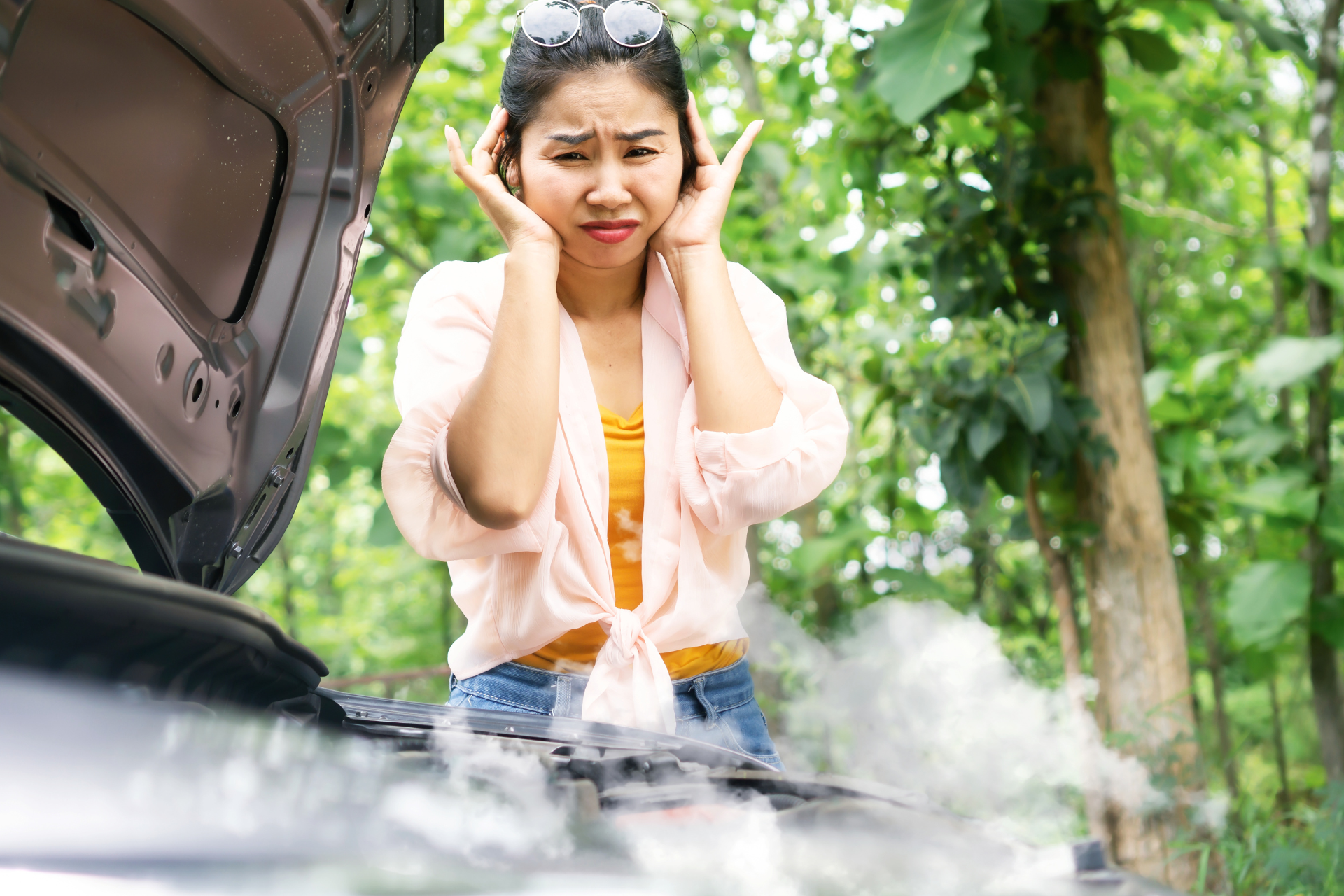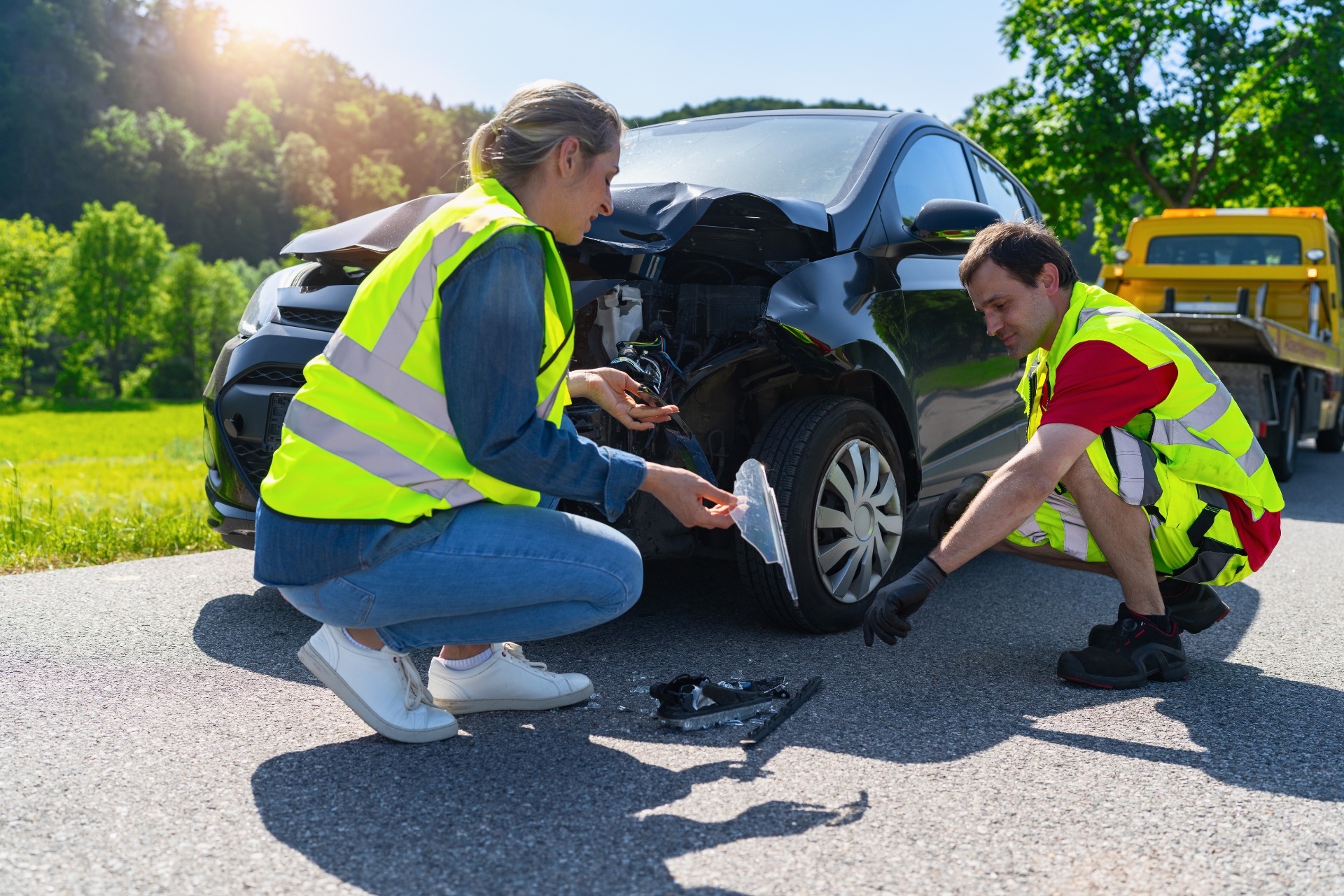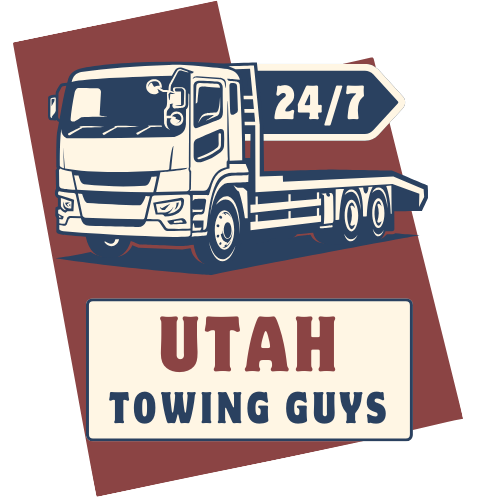What to Do When Your Car Overheats: Tips for Preventing Damage

If you've ever experienced the stress of having your car overheat on the side of the road, you know how inconvenient and nerve-wracking it can be. As much as we love our vehicles, they are not immune to issues like overheating, which can lead to costly damage if not addressed promptly. That's why it's crucial to know what to do when your car overheats and how to prevent it from happening in the first place.
Utah Towing Guys is here to provide you with some valuable tips on how to handle an overheating car and prevent potential damage to your vehicle.
What Causes a Car to Overheat?
Before we dive into what to do when your car overheats, let's first understand what causes this issue. Overheating can occur due to a variety of reasons, including:
1. Low coolant levels
Coolant, also known as antifreeze, is essential for regulating your engine's temperature. If your coolant levels are low or the mixture is incorrect, your engine may overheat.
2. Faulty radiator
A malfunctioning radiator can prevent the proper flow of coolant through your engine, leading to overheating.
3. Cooling system leaks
Leaks in the cooling system can result in a loss of coolant, causing your engine to overheat.
4. Blocked radiator
Debris or dirt blockages in the radiator can impede the cooling process, leading to overheating.
What to Do When Your Car Overheats
1. Pull Over Safely
If you notice your car overheating, safely pull over to the side of the road or a designated parking area. Turn off your engine immediately to prevent further damage.
2. Allow Your Engine to Cool Down
Pop the hood of your car to allow heat to escape. Be cautious when handling the radiator cap, as it may be hot. Do not attempt to open the radiator cap until the engine has cooled down.
3. Check Coolant Levels
Once your engine has cooled down, check the coolant levels in the reservoir. If the levels are low, add coolant to the appropriate level. It's advisable to keep a spare bottle of coolant in your trunk for emergencies.
4. Check for Leaks
Inspect the engine bay and underneath the car for any signs of coolant leaks. If you notice a leak, contact a professional mechanic for repairs.
5. Avoid Driving
It's best not to drive your car if it has recently overheated. Have your vehicle towed to a mechanic for a thorough inspection and necessary repairs.
Preventing Car Overheating
1. Regular Maintenance
Stay on top of your vehicle's maintenance schedule, including routine coolant flushes and radiator inspections.
2. Check Coolant Levels
Regularly check your coolant levels and top up as needed. Ensure the coolant mixture is appropriate for your vehicle.
3. Keep Your Radiator Clean
Clean debris and dirt from your radiator to ensure proper airflow and cooling efficiency.
4. Monitor Temperature Gauge
Pay attention to your vehicle's temperature gauge while driving. If you notice it creeping into the overheating zone, pull over and address the issue immediately.
Conclusion
Experiencing an overheating car can be a stressful situation, but knowing how to handle it can prevent further damage to your vehicle. By following the tips provided by Utah Towing Guys, you can effectively manage an overheating car and take proactive steps to prevent this issue from occurring in the future. Remember, safety should always be your top priority when dealing with car troubles on the road. Stay informed, be prepared, and drive confidently knowing you can handle an overheating situation like a pro!




